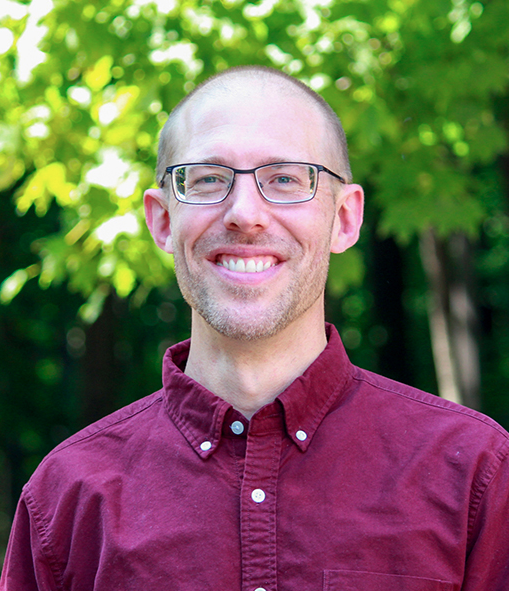Being a scientist has its challenges. Knowing how to communicate your scientific research in a socially responsible manner can be even more difficult. Thankfully, one researcher at Michigan State University and colleagues at several other universities have identified some of the trade-offs and communication strategies that environmental health scientists can use to communicate more effectively.
“Words matter and misleading information is prevalent everywhere,” said Kevin Elliott, a professor in MSU’s Lyman Briggs College and the College of Agriculture and Natural Resources at MSU. “As scientists, we need to be more sophisticated and intentional about the messages we are communicating.”
Elliott and his team examined four ways of presenting information about the effects of endocrine-disrupting chemicals, which can interfere with the human body’s natural hormones and affect sexual development, neurodevelopment and obesity. The different communication strategies were: 1) highlighting the challenges to masculinity, 2) using the term “neurodivergence,” 3) discussing the developmental origins of health and disease and its relationship to obesity and 4) classifying obesity as a disease.
The researchers looked at the pros and cons of each communication method and showed how, even if the information might be factually accurate, the messaging may have unintended consequences. For example, classifying obesity as a disease could help more people who are obese qualify for weight-loss treatments, but this designation could increase the stigma around obesity and generate misconceptions about its implications for health. Scientists could perhaps lessen that stigma by discussing how fetal exposure to environmental pollutants may contribute to obesity — but that message could, in turn, place unjustified pressure on mothers to prevent such exposures.
“We found that there are trade-offs that environmental health scientists need to make as they strive to communicate an accurate message,” said Elliott. “We want to provide usable, relevant information but we also want to prevent information from being misinterpreted or misused.”
Some strategies Elliott recommends are:
- being sensitive to the social context in which scientific information is interpreted;
- avoiding some messages altogether when they could cause more harm than good;
- creating collaborations between scientists and communication scholars or ethicists;
- developing relationships between scientists and community groups to create shared messaging to better serve the public
The study appeared in the journal Environmental Health Perspectives. Elliott’s co-authors were Heather Patisaul from North Carolina State University, Robert Sargis from the University of Illinois Chicago, and Laura Vandenberg from the University of Massachusetts Amherst.
